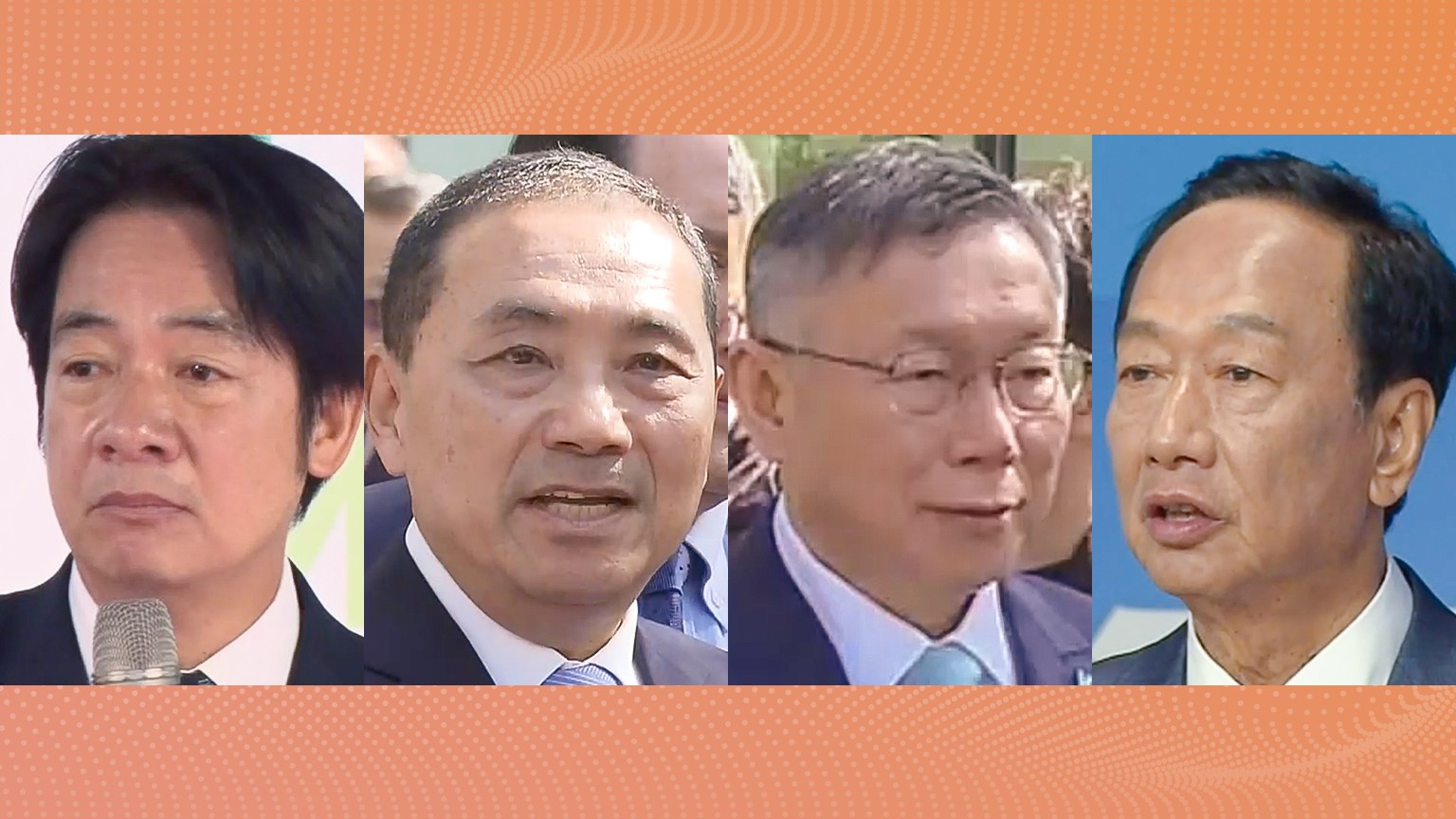The candidate for the ruling Democratic Progressive Party (DPP) is Taiwan Vice President Lai Ching-te. He says he will work with the United States, Japan and other nations to counter pressure from China.
"The 2024 election will be a choice between democracy and autocracy, not between war and peace," Lai said at a news conference in April. "I'd like you to choose democracy to strengthen it, unite Taiwan and reject going back to the old path of autocratic rule."
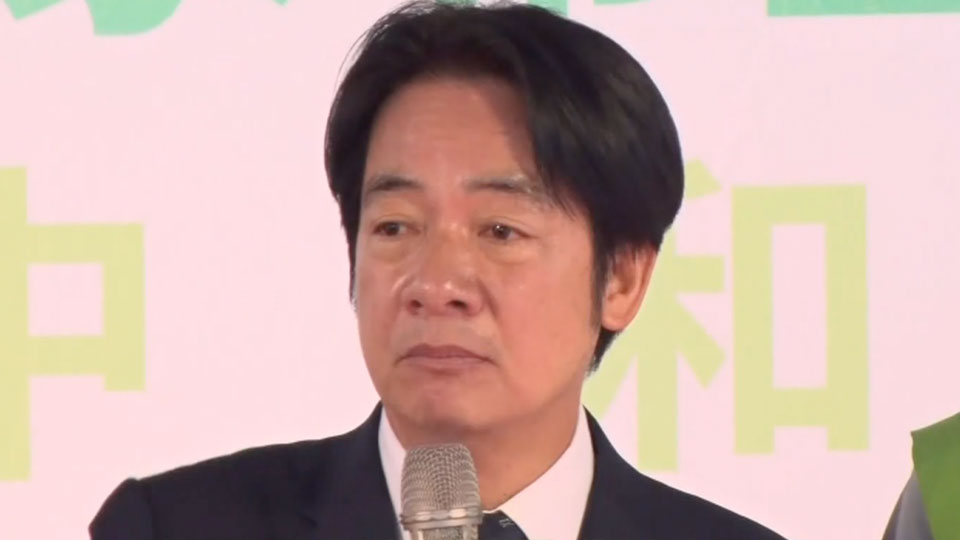
The Kuomintang party (KMT) has chosen New Taipei City Mayor Hou Yu-ih. The top opposition party stresses the need to boost exchanges with China.
"Cross-strait relations are on the verge of war. If we are not careful, war will easily occur," Hou said in an interview with NHK in August. "As we are now facing such challenge, the first thing I should do as a candidate is ease tensions between the two sides."
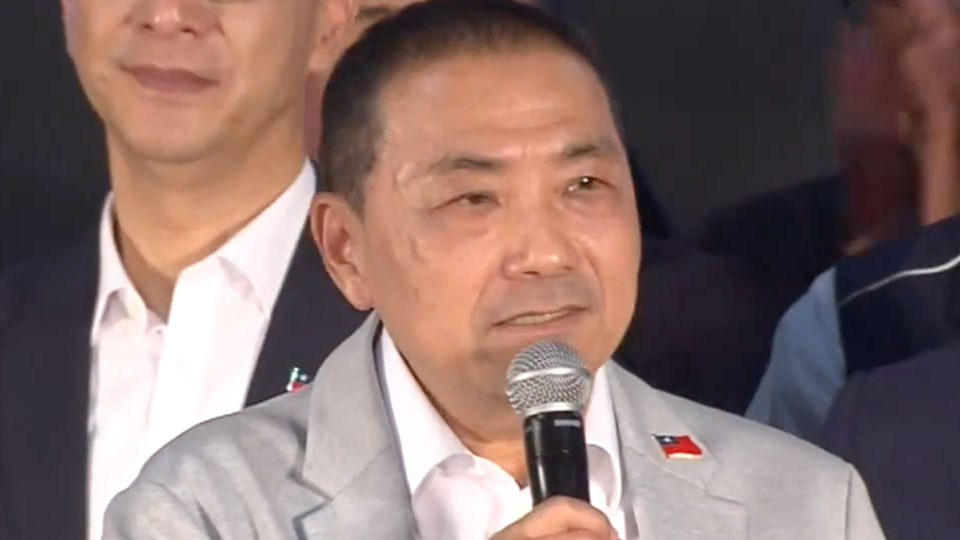
The Taiwan People's Party (TPP) — the second-largest opposition force — has chosen former Taipei Mayor Ko Wen-je, who left office last December after serving two terms.
"The two largest parties have staged ideological battles, one side supporting unification with China and the other for independence," Ko said last June. "Besides that, there's no difference between them."
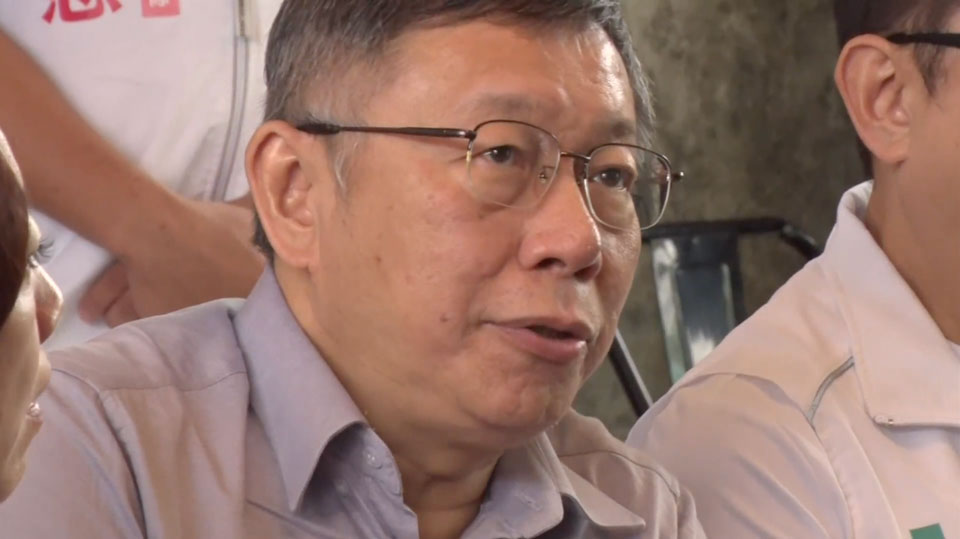
Foxconn founder Terry Gou qualified to run as an independent after submitting well above the required 290,000 signatures from eligible voters to the Taipei City Election Commission last month.
Foxconn, also known as Hon Hai Precision Industry, is one of the world's largest contract manufacturers of electronic devices.
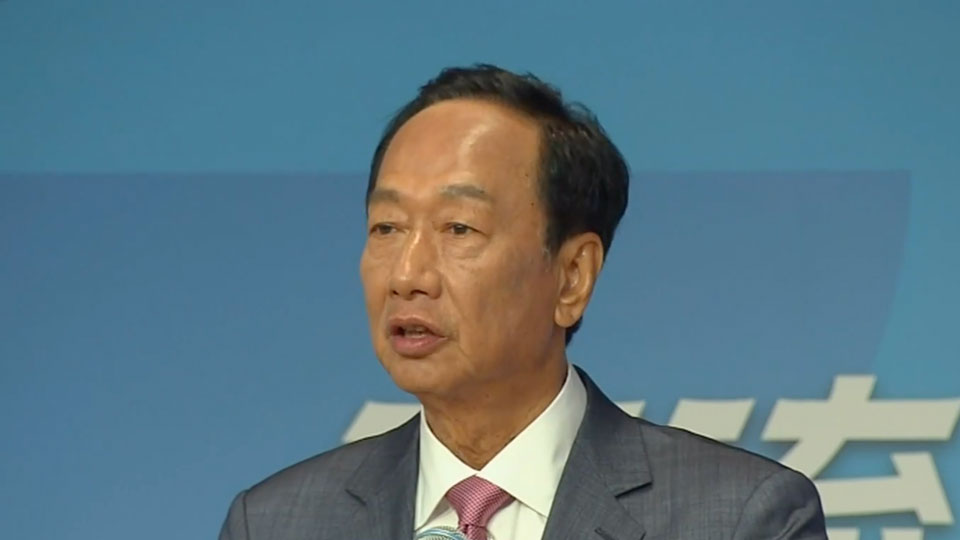
Opposition parties fail to agree on joint candidate
Opinion polls place Lai as the frontrunner, with Hou and Ko competing for second place.
To increase the chances of toppling the ruling DPP, the two opposition parties agreed on Wednesday that either Hou or Ko would run as their unified presidential candidate. Both parties want to boost exchanges with China.
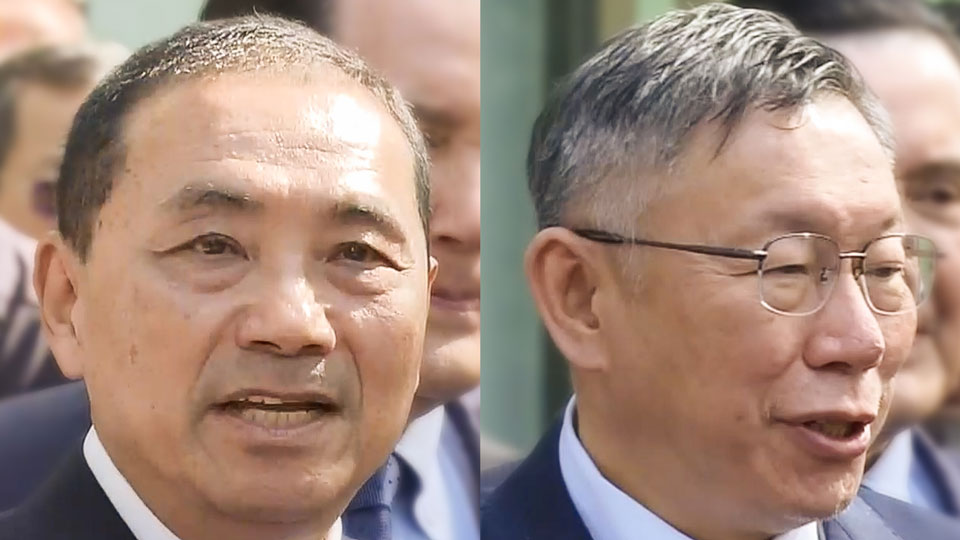
But the parties have yet to reach a consensus on who that candidate should be. Party officials were supposed to announce their joint candidate on Saturday after experts analyzed various public opinion polls. But they canceled the announcement due to a reported disagreement over how to interpret polling data.
On Sunday, Ko expressed no signs of compromise.
"I will work to bring together all forces that could be united with the utmost goodwill. But I will continue to fight it out as the presidential candidate of the People's Party."
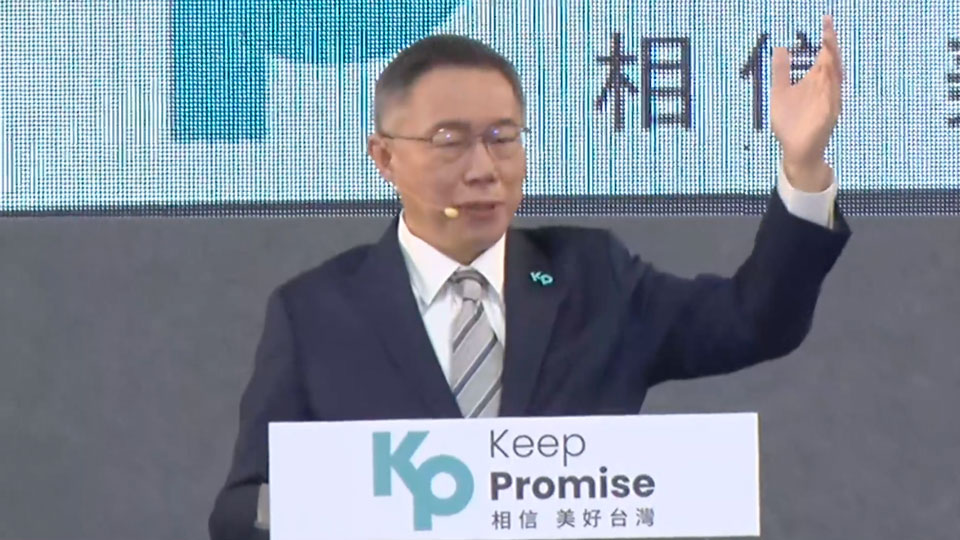
Opposition coalition could impact outcome
NHK World's former Taipei Bureau chief Makita Naoki analyzes Taiwan's presidential race.
Lai Ching-te of the ruling DPP has long been the election frontrunner. Recent polls put his support rate at around 30%. Meanwhile, opposition candidates Hou Yu-ih of the KMT and Ko Wen-je of the TPP have been competing for second place with roughly about 20% each.
But while Lai remains the frontrunner, recent polls suggest more than half of voters want a change of government. If the opposition parties manage to form a coalition, a major shakeup could take place.
The two opposition parties recognize they can't defeat the ruling party alone. They see a possible path to victory by jointly supporting one candidate instead of splitting the opposition vote.
But while they may cooperate, they remain two distinctly different parties.
Ko has promised his party will offer an alternative to the two major parties. That's attracted a lot of young voters' support. But that constituency also dislikes the KMT, so joining forces could erode Ko's support.
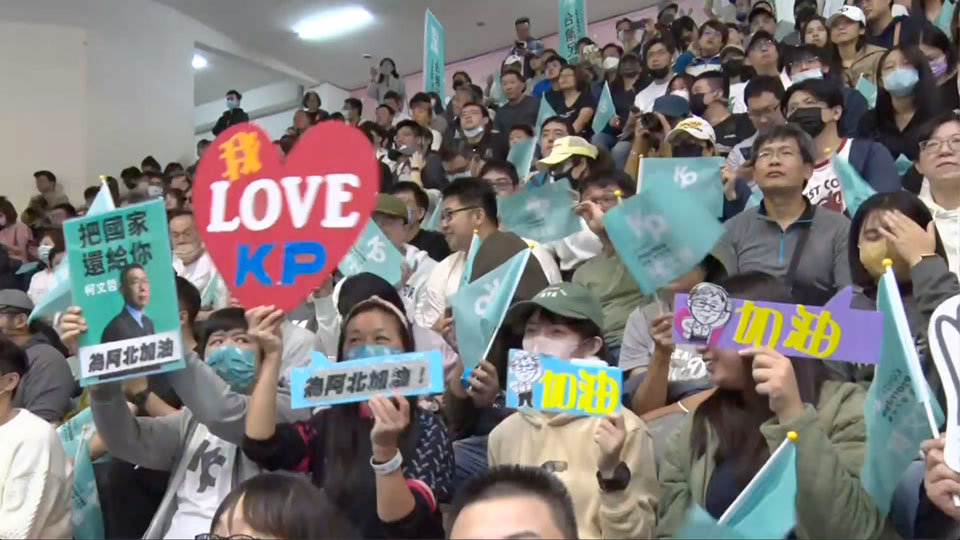
Hou would find it difficult to play second fiddle if Ko gets the nod to run as president because the KMT is much bigger than the TPP. So although there may be benefits to this political marriage, it does not guarantee the parties' supporters will unite.
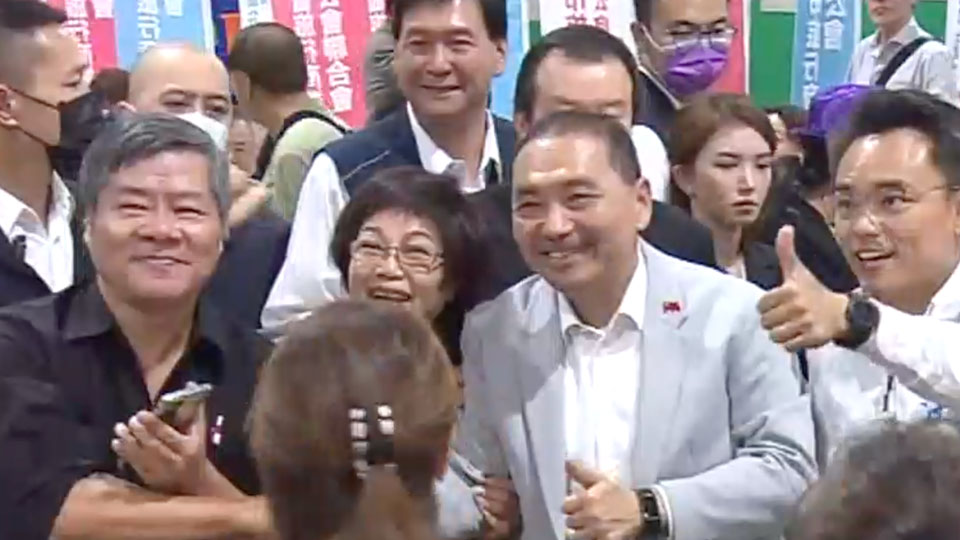
Taiwan's relationship with China will loom over the presidential campaign.
Lai is expected to continue President Tsai Ing-wen's China policy. Beijing sees him as a hardline pro-independence advocate and calls him a "troublemaker."
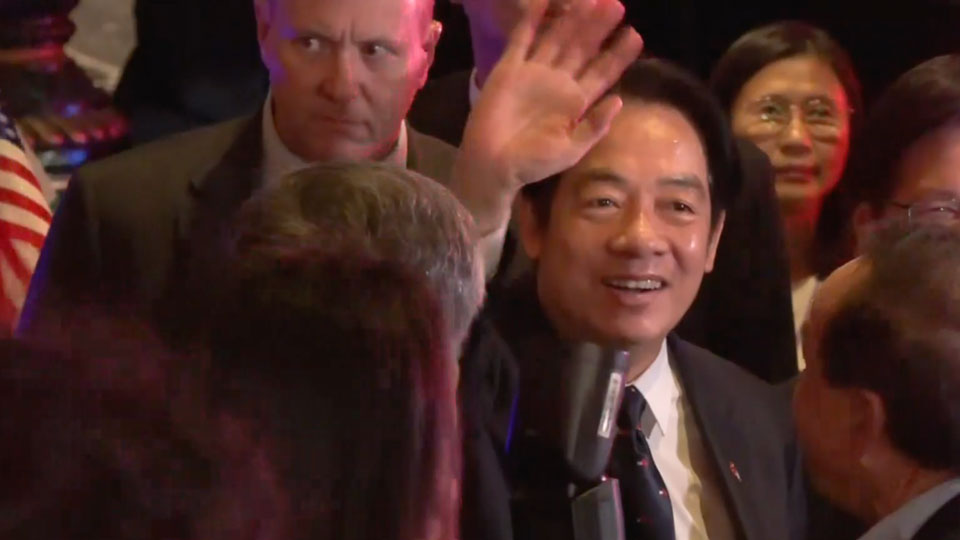
The KMT takes a conciliatory stance toward China. It argues that if the DPP stays in power, the risk of a military clash with China will increase.
Ko says that he will promote dialogue with China and improve economic ties. He also says he will tackle issues people can relate to in their everyday lives.
